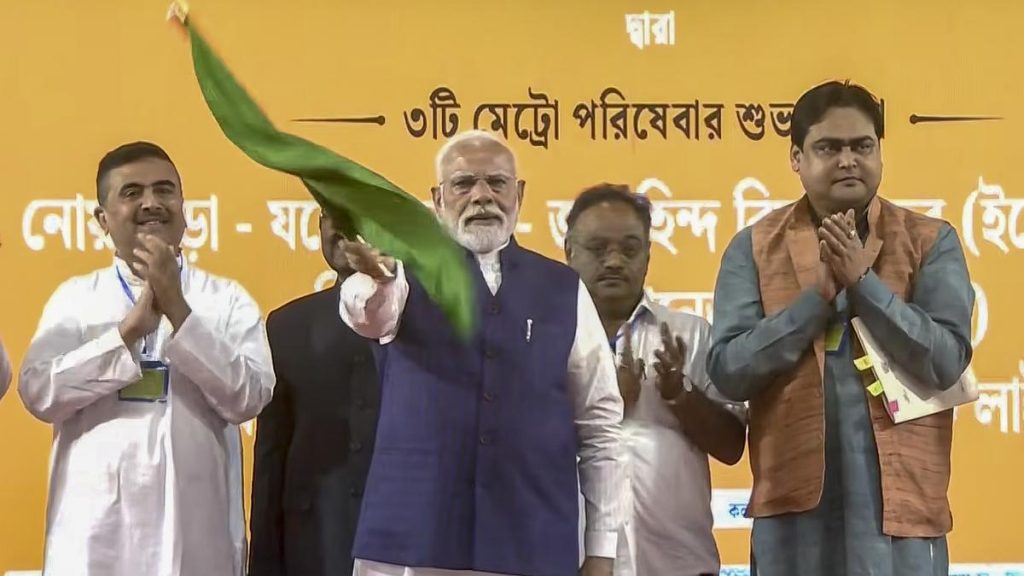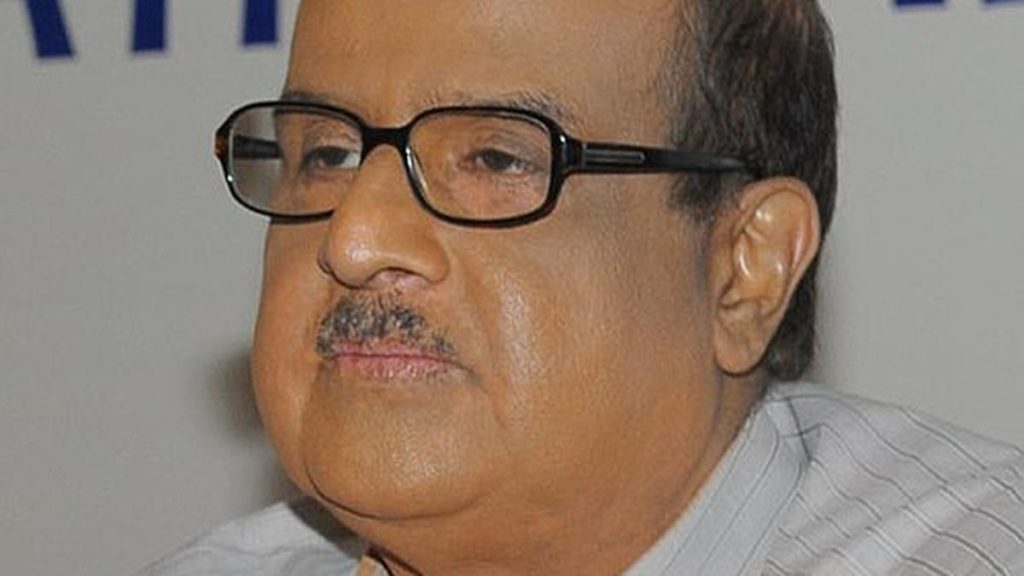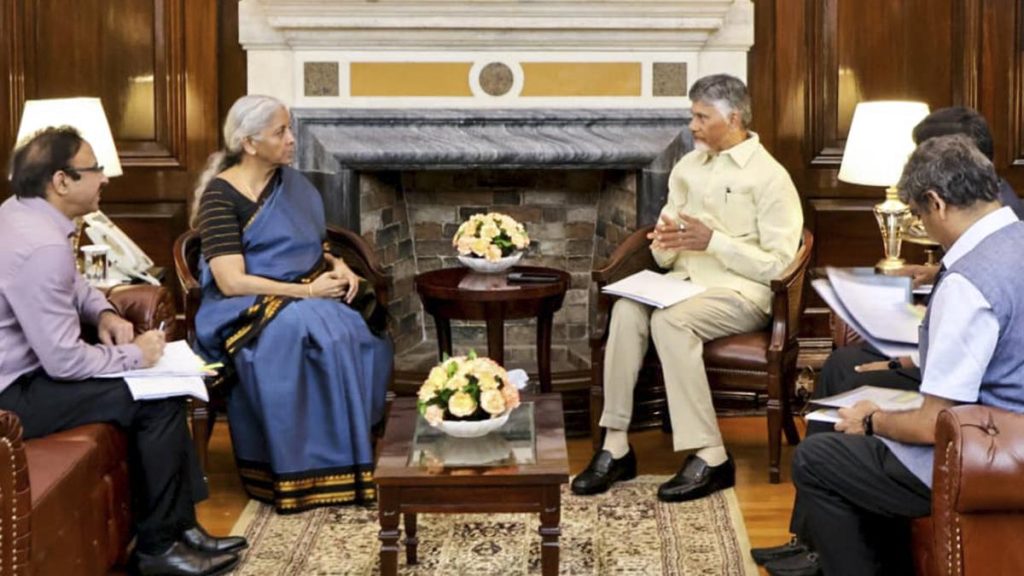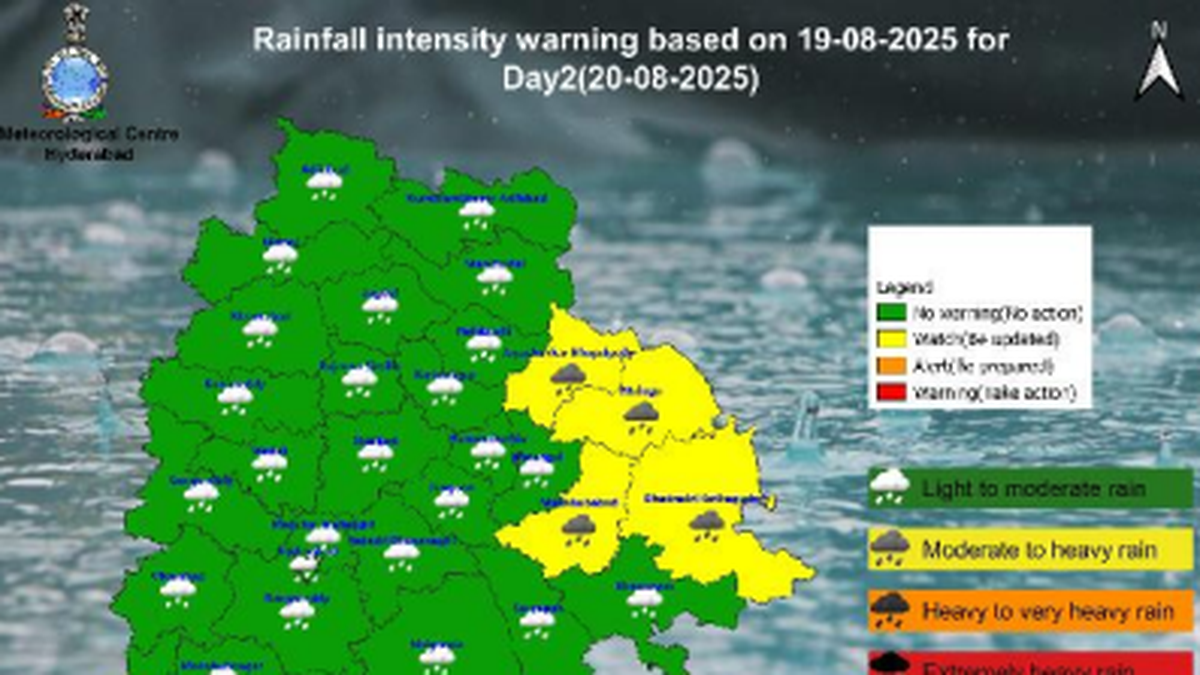Now Reading: SC Rejects NCPCR Plea Against HC Ruling on Minor Muslim Girl’s Marriage Validity Under Personal Law
-
01
SC Rejects NCPCR Plea Against HC Ruling on Minor Muslim Girl’s Marriage Validity Under Personal Law
SC Rejects NCPCR Plea Against HC Ruling on Minor Muslim Girl’s Marriage Validity Under Personal Law
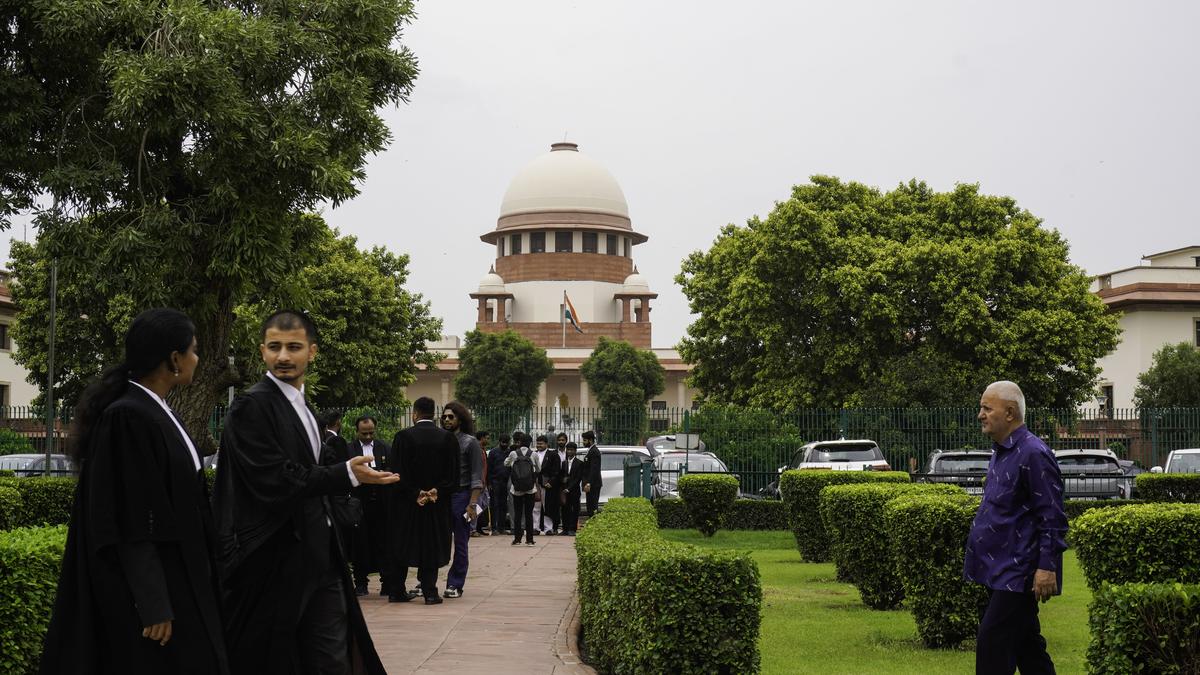
Quick Summary
- Issue: The Supreme Court dismissed a National Commission for Protection of Child Rights (NCPCR) petition challenging a 2022 Punjab and Haryana High Court judgment allowing Muslim girls aged 15 or above to marry under personal law.
- High Court Ruling: The Punjab and Haryana High Court held that marriage of Muslim girls over 15 years is valid under personal law, despite statutory laws like the POCSO Act, which prohibit child marriage.
- Supreme Court’s Reasoning: A Bench led by Justices B.V. Nagarathna and R. Mahadevan ruled that NCPCR lacked locus standi to contest the High Court decision, emphasizing relief was already granted to the couple involved.
- Government Opposition: The Union Government opposes lowering the age of consent from 18 to 16 years under child protection laws due to risks such as trafficking and abuse. However, it cautions against misusing statutes like POCSO in consensual adolescent relationships.
- Context on Adolescent Relationships: Justice Nagarathna highlighted societal realities regarding romantic cases among adolescents, noting that not all should be equated with serious crimes but stressed proper inquiry for separating legitimate concerns from false cases.
Indian Opinion Analysis
This legal advancement revisits the intersection between personal laws and statutory frameworks like POCSO. While statutory protections prioritize worldwide safeguards against child marriages, India’s pluralistic legal approach permits exceptions based on religious customs such as puberty-based marital eligibility in Muslim law.
The Supreme Court’s acknowledgment of “societal realities” reflects an attempt at balancing cultural contexts with legal protections for minors. However, this also underscores complexities in harmonizing India’s secular child protection initiatives with diverse community practices.
The Union Government’s firm stance against diluting consent age aligns with a global consensus on protecting children yet raises questions about its submission in consensual adolescent behavior. Policymakers need cohesive solutions addressing both misuse risks within families filing frivolous cases and genuine instances warranting intervention.
Read more at The Hindu


